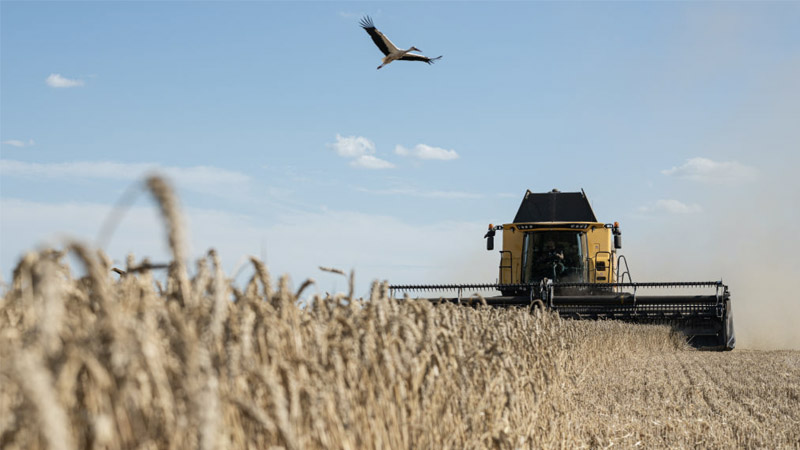Trending
IMF Issues Warning on Global Food Prices After Ukraine Grain Deal Scrapped

The International Monetary Fund (IMF) on Wednesday warned that the termination of the Black Sea grain deal threatens to exacerbate global food insecurity and cause prices to surge, especially in poorer countries.
The UN-brokered deal between Russia and Ukraine, enabling safe passage for Ukrainian agricultural exports via the Black Sea, was scrapped earlier this week.
“The discontinuation of the initiative impacts the food supply to countries that rely heavily on shipments from Ukraine, in particular in North Africa, the Middle East, and South Asia,” an IMF spokesperson said, as cited by Reuters.
“It worsens the food security outlook and risks adding to global food inflation, especially for low-income countries.”
The spokesperson noted that the deal had been an important factor for global food security, in that it helped facilitate grain and fertilizer exports from Ukraine to the global market, thereby easing the pressure on international food prices. He added that the lender will continue to monitor the situation in the region and the impact of any developments on global food security.
Moscow announced its decision to terminate the grain deal on Monday morning, citing the failure of the other parties to meet their commitments regarding Russia’s agricultural exports.
The original agreement was accompanied by a Russia-UN memorandum aimed at facilitating Russian exports by easing sanctions affecting them. The document, among other things, called for Russia’s agricultural lender, Rosselkhozbank, to be reconnected to the SWIFT interbank messaging system, for deliveries of spare parts for agricultural machinery to be enabled, and for restrictions on insurance and logistics to be lifted. None of these demands have been met so far.
Spokesman Dmitry Peskov said Moscow will immediately return to the arrangement when its conditions are fulfilled. He added that Russia is ready to supply grain to low-income countries most affected by food insecurity, free of charge.
Read the full article here


















